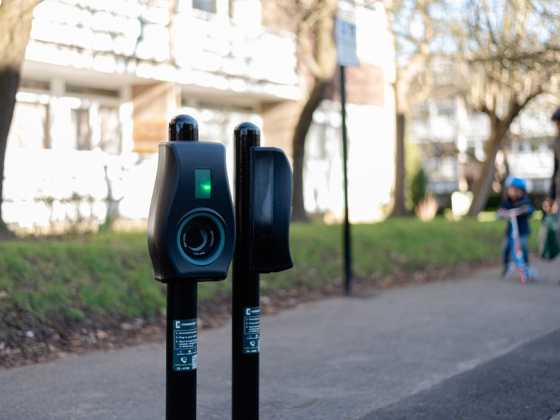Changes to licence requirements for alternatively-fuelled vans

Drivers who hold a category B driving licence are now able to operate alternatively fuelled vans weighing between 3.5 and 4.25 tonnes, provided they complete a minimum of five hours additional relevant training.
The Department for Transport confirmed the new law, which comes as part of the government’s strategy to lower vehicle emissions, as set out in the Road to Zero Strategy.
As alternatively-fuelled vehicles are often heavier, drivers would normally be required to hold a Category C1 licence to carry a load of more than 3.5 tonnes. Therefore, operators of alternatively-fuelled vehicles wanting to remain below this regulatory threshold must either suffer a constrained payload or employ drivers with a category C1 licence, which is holding back many fleets from adopting alternatively fuelled vehicles.
Training can only be taken by members of the National Register of LGV instructors and the National Vocational Driving Instructors Register, which are both recognised by the government.
The vehicles must be used for the transportation of goods and cannot be driven outside of the UK.
Future of Mobility Minister Jesse Norman said: "The government’s Road to Zero Strategy sets out our ambition for all new cars and vans to be effectively zero emission by 2040.
"By changing these driving licence requirements, we are seeking to support business owners by enabling them to use alternatively fuelled vehicles more easily."



